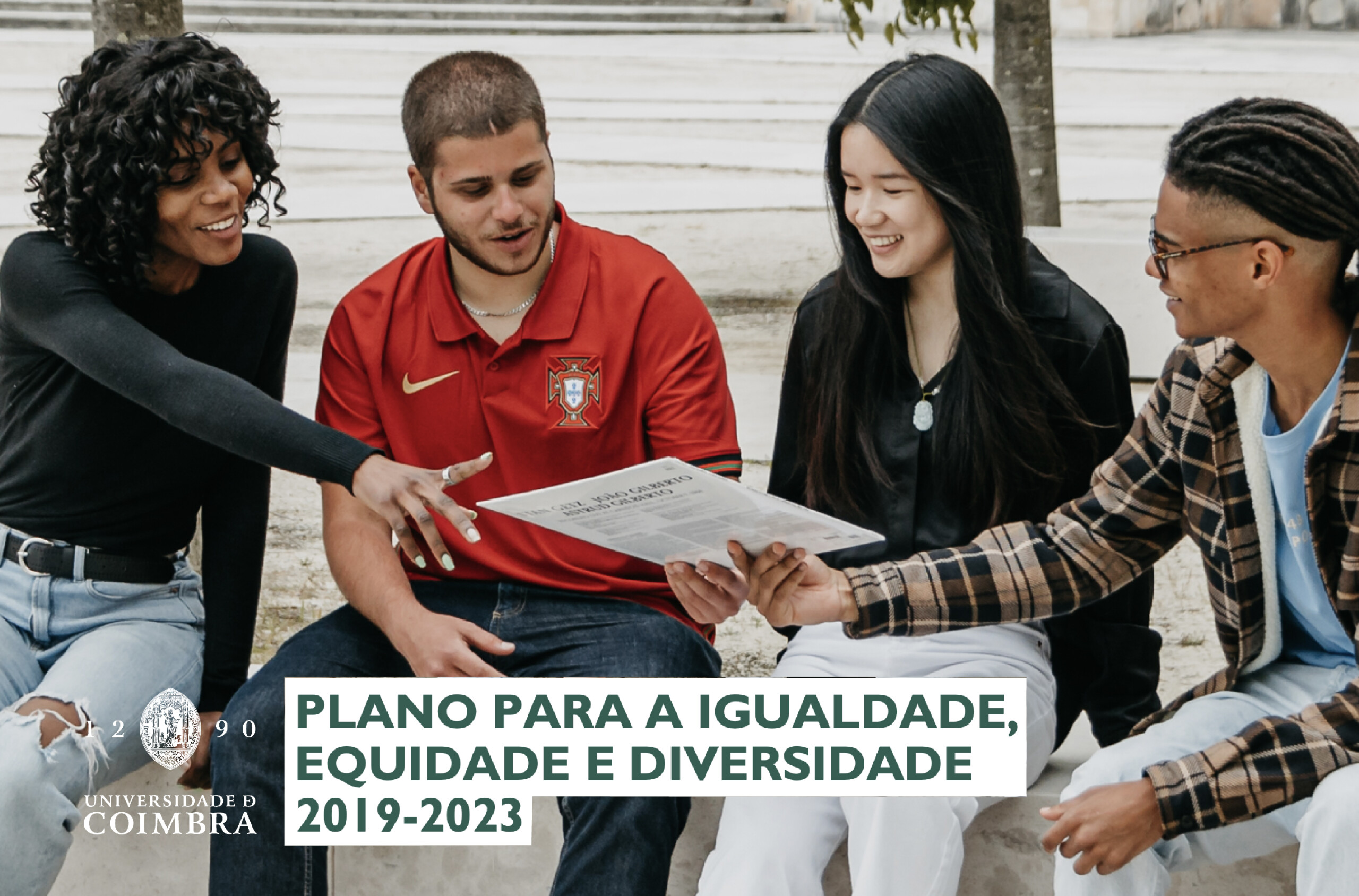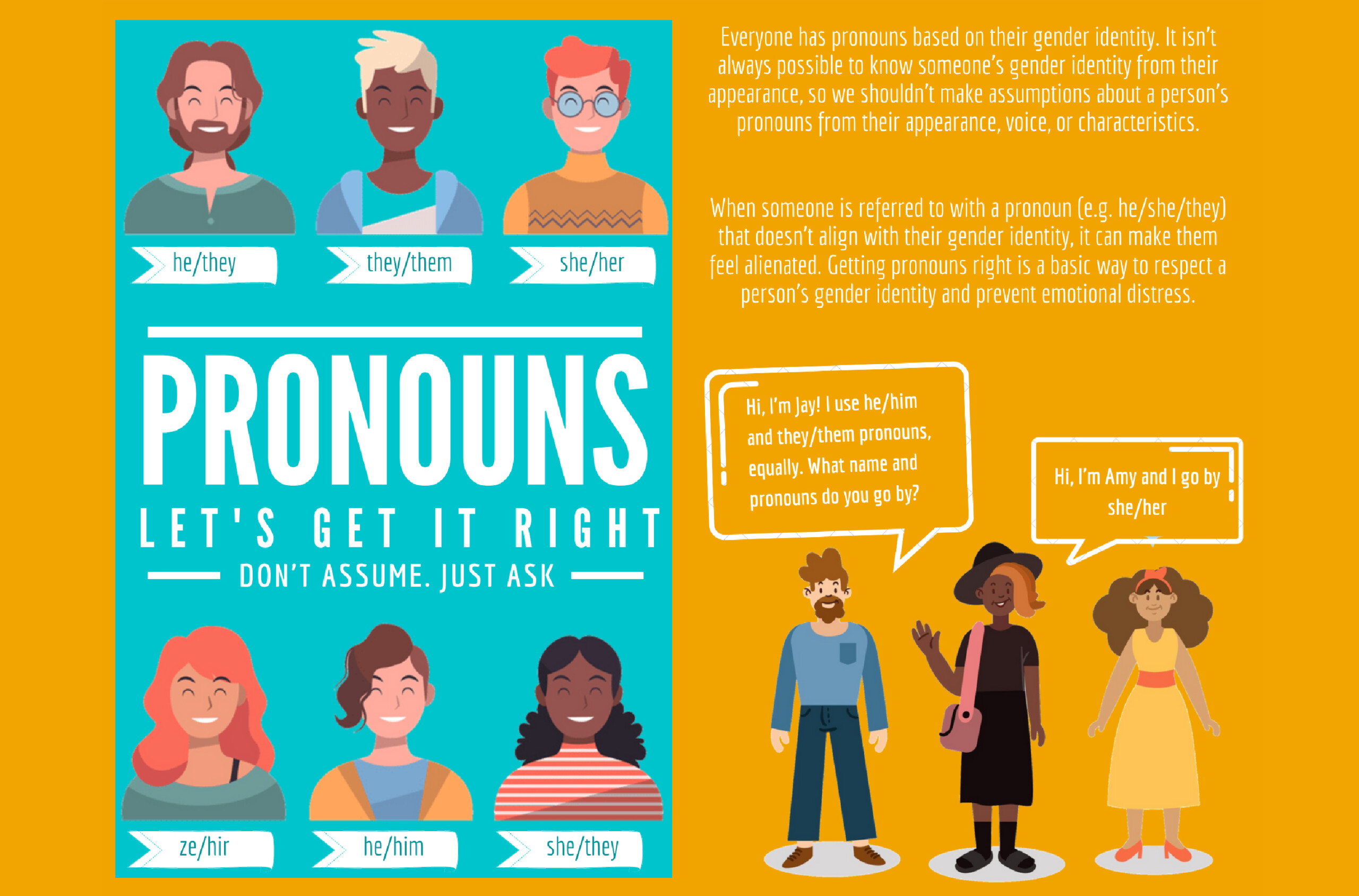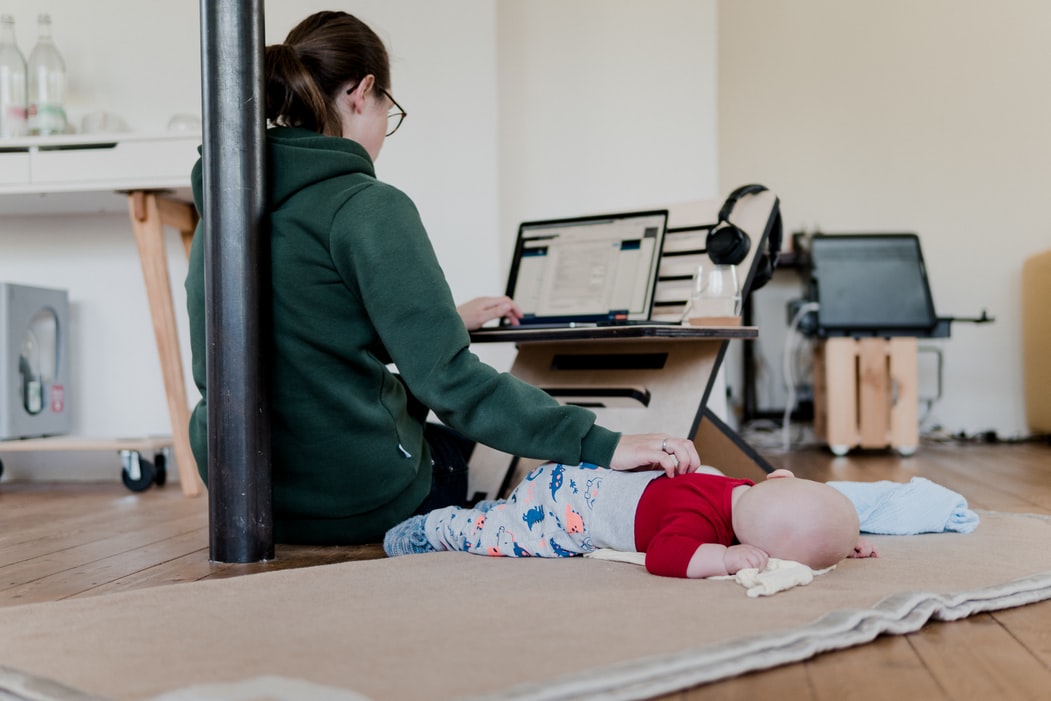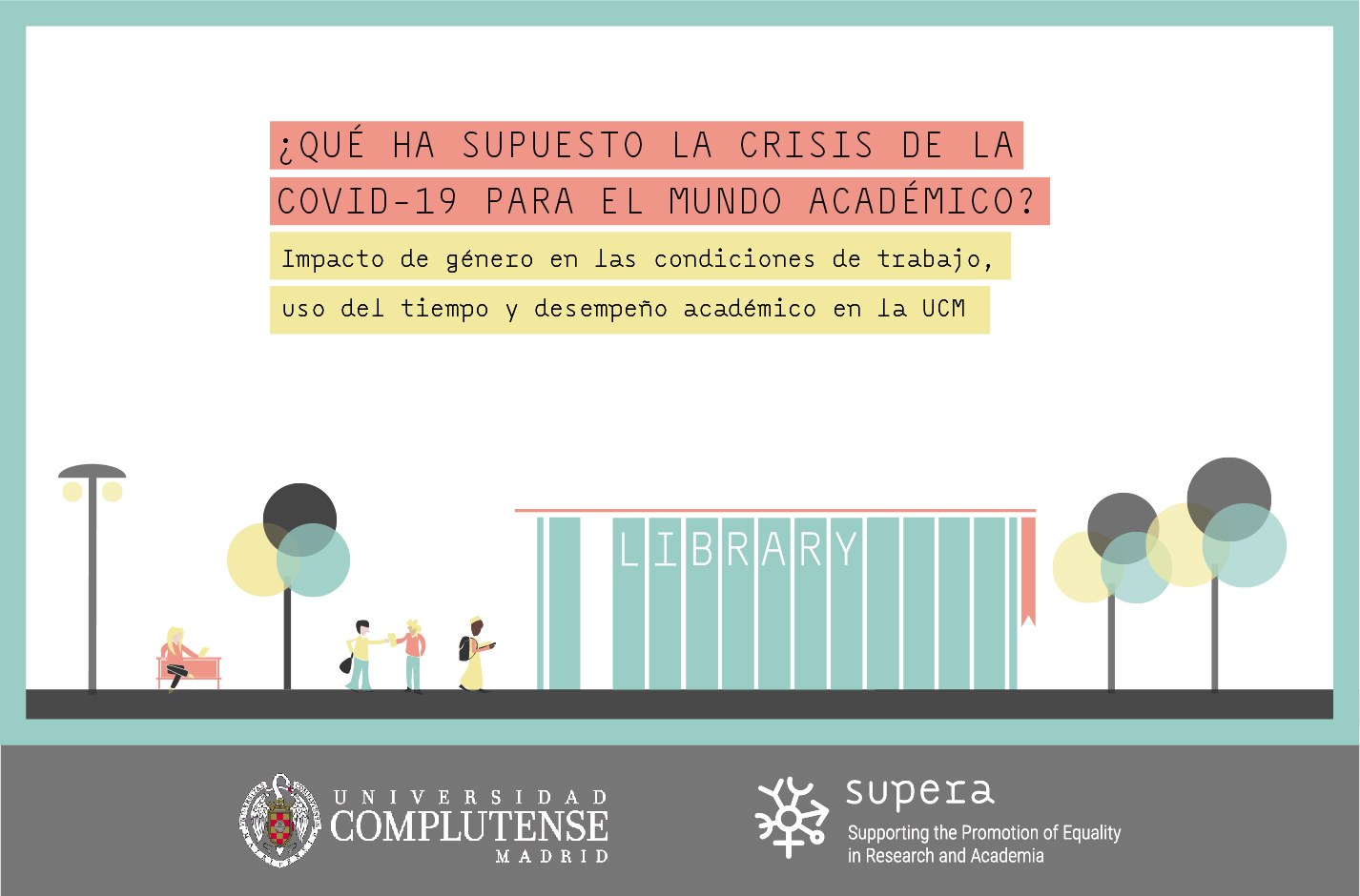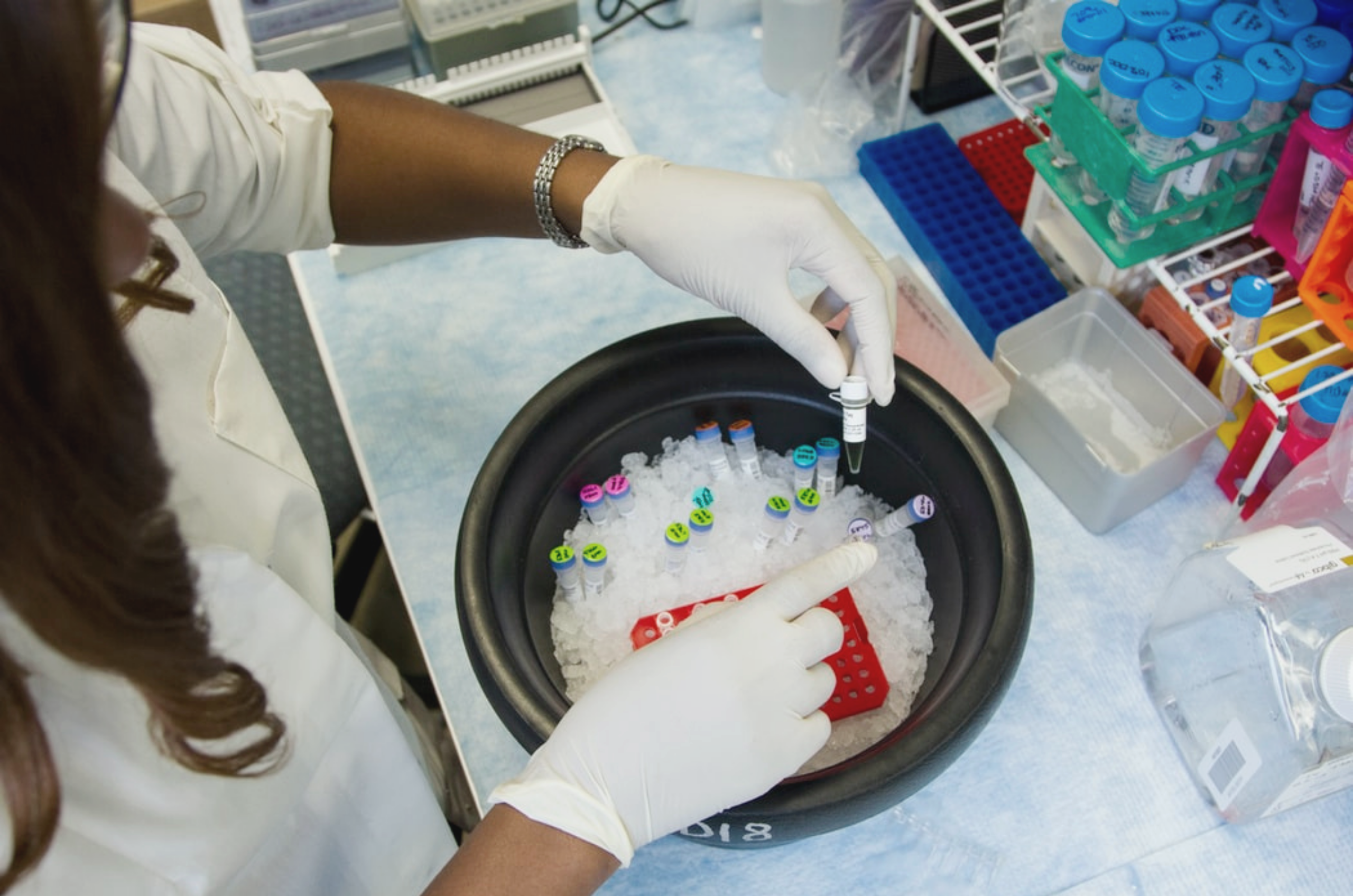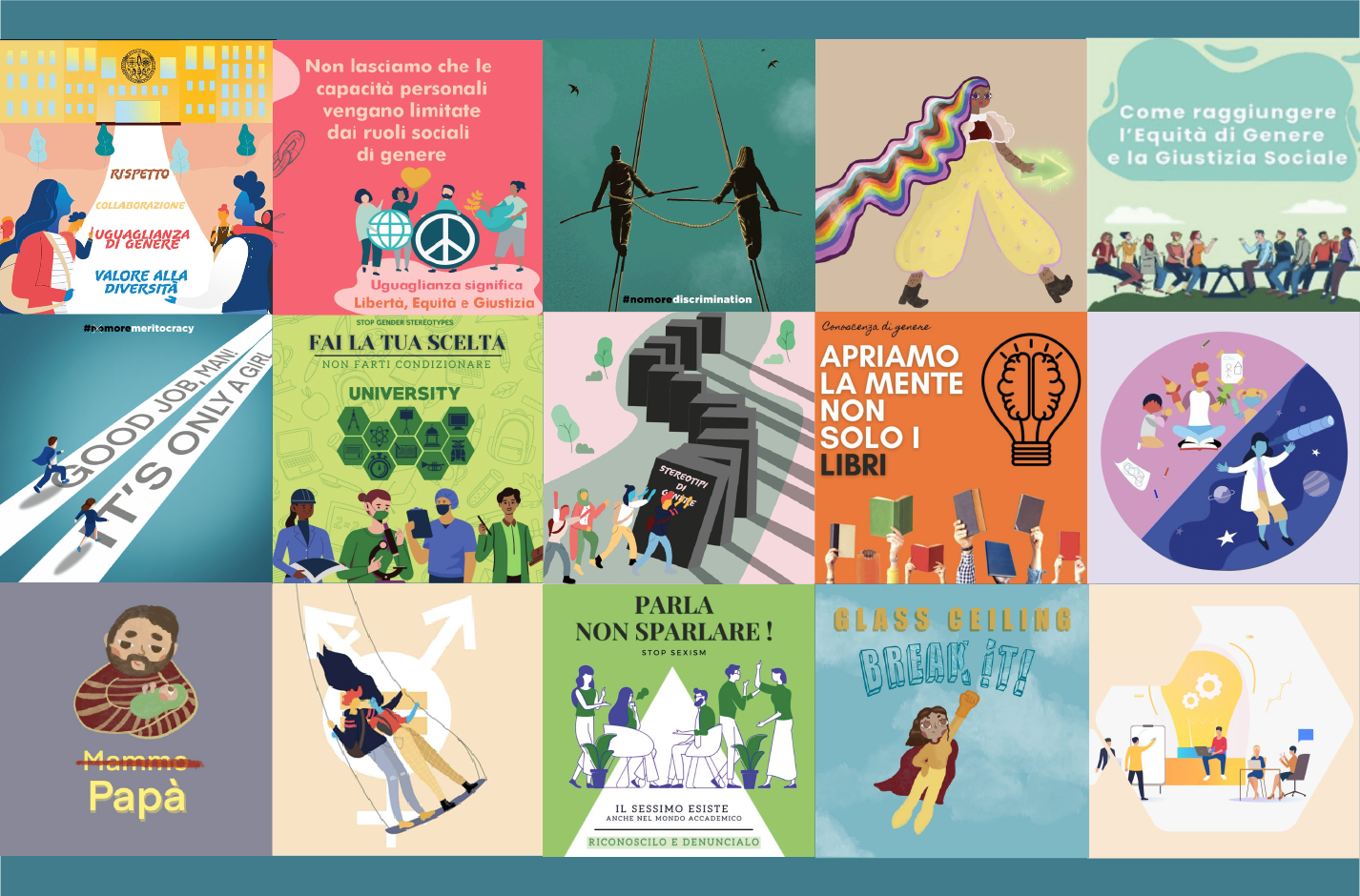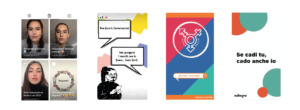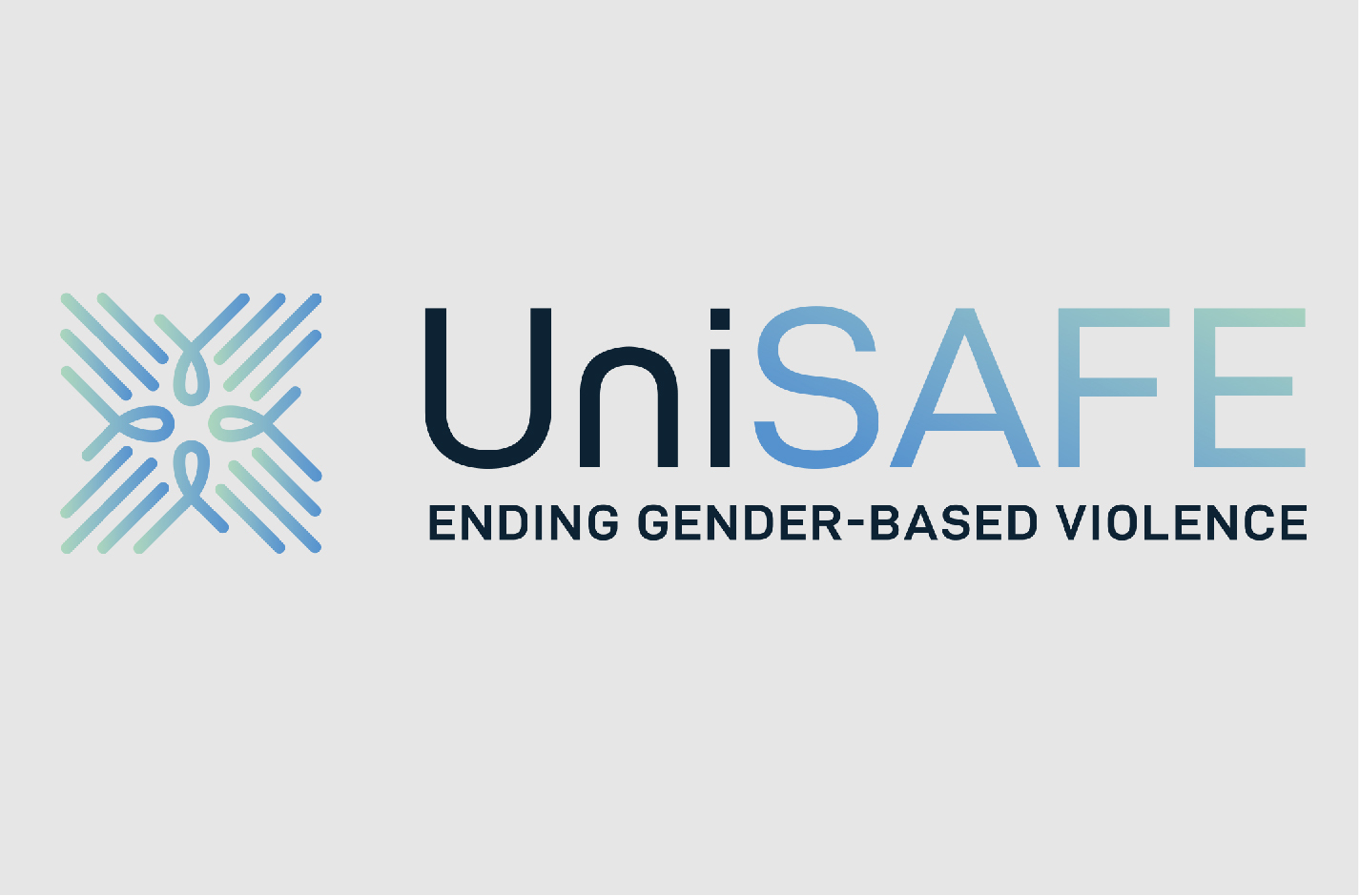The University of Coimbra approved the Plan for Equality, Equity and Diversity 2019-2023
By Mónica Lopes, Universidade de Coimbra
In April 2021, the University of Coimbra approved its Plan for Equality, Equity and Diversity 2019-2023. It was first drafted by the SUPERA team, based on the results of the participatory gender diagnosis, and further harmonised and framed within the wider institutional strategy for Equality, Equity and Diversity, whose principles were recently endorsed by the UC.
The Plan, chronologically aligned with the 2019-2023 UC Strategic Plan, is both a means and a mechanism for its full implementation. It embraces the vision defined in the Strategic Plan’s Citizenship, Equality and Inclusiveness pillar: “promoting active, enlightened, socially responsible and inclusive citizenship, by preserving the right to have rights, respecting dignity, equality and the right to difference, so that all people can reach their full potential, based on a collective formulation of common goals and challenges”.
The UC’s Plan for Equality, Equity and Diversity 2019-2023 is a comprehensive plan, structured around nine strategic objectives, defined to tackle the challenges identified in the baseline assessment:
- Mitigate horizontal segregation, by promoting the integration of women and men in scientific/study areas in which they are underrepresented;
- Combat vertical segregation, by removing institutional barriers to career progression and support professional development;
- Improve the conciliation and balance between work/study and personal/family life;
- Ensure inclusivity in the governing bodies;
- Integrate equality, equity and diversity into the University´s structures and policies, ensuring the sustainability of proposed actions;
- Integrate a gender perspective and the principles of equality, equity and diversity into all scientific areas, educational and research contents, as a component of academic excellence;
- Raise awareness of equality, equity and diversity in the academic community;
- Promote inclusion and minorities’ protection policies, prevent discrimination and combat harassment and violence at all levels (sexual, sexist and moral);
- Deepen citizenship and equality, by continuously implementing improvement measures.
Each strategic objective is broken down into specific objectives operationalised into 56 measures and initiatives in the action plan, which incorporates different types of activities – data collection and analysis, awareness-raising, capacity-building, and transforming structures and processes. Each strategic objective is associated with a set of measurable goals, representing the expected impacts. Regular monitoring of the Plan’s actions and objectives will be aligned with the monitoring of the UC´s Strategic Plan, and materialised by the assessment of the degree of implementation of activities and the analysis of the outcomes achieved in the corresponding key performance indicators.
Recognising the quality of the UC’s Plan for Equality, Equity and Diversity, the Portuguese Secretary of State for Citizenship and Equality, Rosa Monteiro, publicly highlighted it as an example to be followed by other Higher Education Institutions: “The first Plan for Equality at the University of Coimbra. This is how an equality plan should be designed. (…) Well-defined areas and objectives, goals to be met based on clearly stated indicators. A model to be adopted by other plans.” Source: Rosa Monteiro’s Facebook profile
The first Equality Plan of the University of Coimbra is an important milestone in the pathway and commitment to promoting equality in the institution, standing in line with its values, and proactively acting to include its principles in the University´s policies, processes and practices. This commitment results from a perspective of social responsibility, and a commitment to make the most of the privileged role of the University, as an entity which produces and conveys knowledge, in the promotion of a social environment characterized by substantive equality between men and women.
The English version of the Plan is available at this link.


